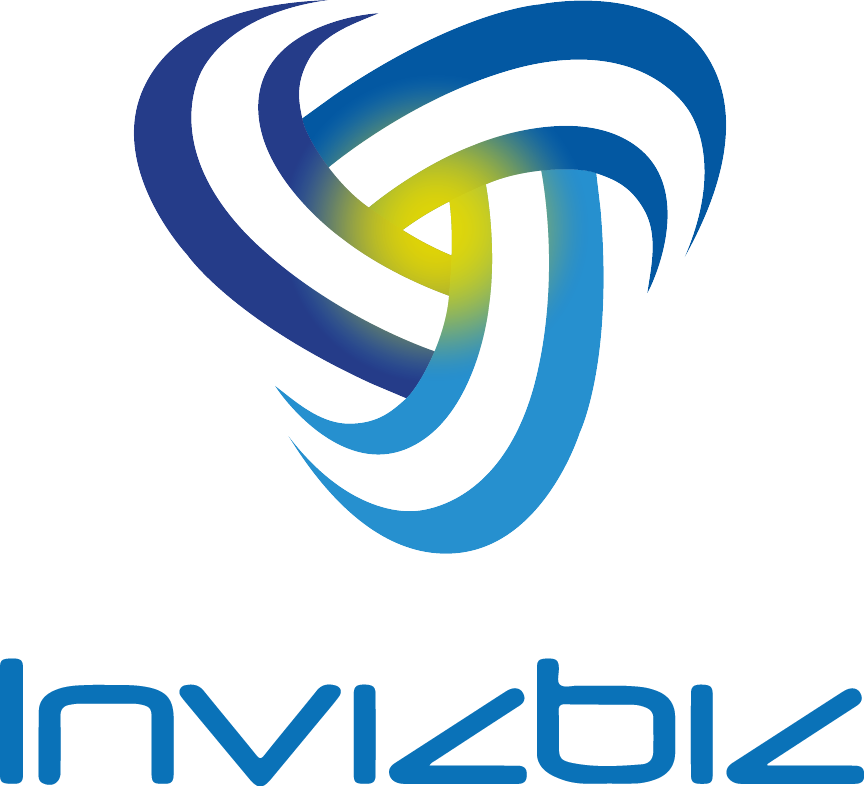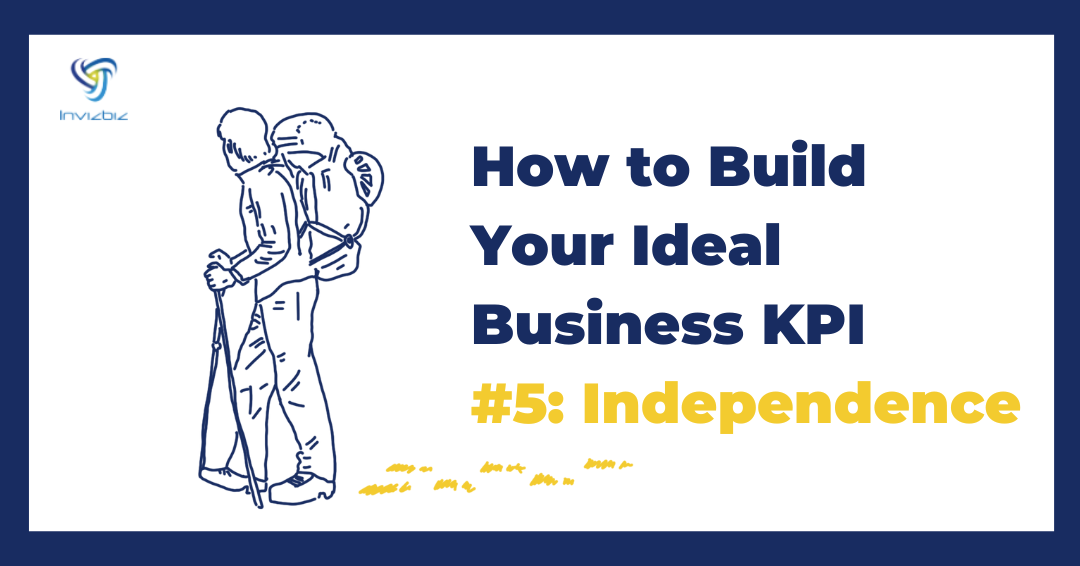Every entrepreneur’s dream is to find that ideal business that simply runs on its own, generates revenue on autopilot, and is basically self-driving, all whilst you are away from it enjoying the life you ought to live.
But the reality is that most business owners are struggling to carve out time and finding it almost impossible to detach themselves from the responsibilities of their businesses.
For many business owners, owning a business that runs on autopilot is a far-fetched idea that sounds too idealistic, or even naive. They will tell you that owning and operating a business is hard work, much harder than a day job and that you need to be prepared to grind it out. While I completely agree that owning a business is tough, it doesn’t mean that you should be toiling away and putting in 40-80 hour work weeks just to make sure it continues to operate smoothly.
In an ideal business, managing and handling your business is actually counterintuitive. For sure some degree of high-level management is required to operate the business, but for most of the work, you must be able to delegate or automate. That’s the beauty of an ideal business – it runs with or without you.
Let me ask you this, wouldn’t you want to have more time? I know for sure that every single entrepreneur I know would like to have more time on their hands to do other fulfilling activities, stuff that makes life enjoyable.
I firmly believe that the greatest reward an entrepreneur can gain from his business is the gift of more time, and for you to reap that reward, your business needs to be independent of you.
Today we’re going to talk about the concept of independence, and why it’s absolutely essential for a business before it can be considered “ideal”.
Ideal Businesses Give You More Than Just Profit
A truly independent business can run without the owner’s intervention, and will continue to operate even if key employees leave. No one is so important to the business that it ceases to operate without them – even the owner shouldn’t be immune to this.
An independent business gives you peace of mind. It gives you the freedom to do the activities that you have always wanted to do. How? Ideal businesses have systems in place that enable them to operate like clockwork and keep generating revenue regardless of input from its owner.
Systems and a proper framework are crucial to a self-running business. That’s the key right there.
I understand that there are certain aspects of your business that you still might want to be a part of, such as talking to clients or designing products. If that’s what makes you happy, by all means, keep doing it. But if your business is truly independent, you will have the freedom to choose between “I like doing this” and “I HAVE to do this”.
It’s as if the business has a power cord that’s plugged into them, and if it drifts too far away, it fails. The word “have” implies that you need to do it or else – operations may stop or delivery of services could fail. That’s not very ideal, you want your business to be a liberating undertaking, and not something that you “have” to do.
Achieving True Independence From Your Business Is Possible
I travel a lot. In fact, most of my time is spent on leisurely activities. My mates would often tell me, “Paul, you’re lucky that you can do all those things with your business!”. Well, what if I told you that it really is possible? That it’s possible to live the life you’ve always wanted while earning money and keeping your business alive all at the same time?
For many entrepreneurs, owning a business that works well without them feels like a distant and far-fetched idea. It sounds too idealistic, or even impossible.
Trust me. I get it. We’ve been so conditioned by the “hustle” mentality, and we hear it all the time. Quotes like “success is 1% inspiration and 99% perspiration” are everywhere on the internet, and because we’re hardwired to think this way, our immediate response to anything that isn’t about working hard is utter disbelief.
I’m all for working hard, in fact, I’ve worked so hard to achieve the success that I am enjoying now. I know that owning a business is incredibly demanding, but you don’t need to be a slave to it just for the business to succeed. There’s a difference between those two.
I want you to know that it is possible to run a successful business, and work less than 10 or 20 hours a week while enjoying life to the fullest.
From the get-go when I create a new business, one of the guiding questions I ask myself is: “Will I ever be able to extract myself from this business once it’s ready?”. This acts as a filter to validate if a business is worth pursuing or not. I won’t enter into any business knowing it’s going to take a lot of time away from me.
That kind of mindset serves as the framework upon which the whole business is built upon. You should have independence as the backbone of your business, or else the act of running your business would feel more like a day job than a business.
Why Independence Is So Elusive
When entrepreneurs go and start a new business, one of the first things that would often come to their mind is “how much money can I make out of this?”. On the other hand, ideal businesses have independence as their end goal, it forms part of the business plan.
Independence must be a part of the business framework. It should be determined from the very beginning. The goal is for you to be able to pull away from the business once it is set up.
So why do entrepreneurs struggle to pull away from their businesses? What makes independence so elusive?
Achieving independence for your business is more about your mindset and beliefs than it is from a practical or circumstantial standpoint.
Here are some of the blockers I hear quite often that make independence so elusive.
1. It’s impossible to find the right people because our business approach is unique. I just can’t teach it.
2. I can’t afford additional team members.
3. I tried something similar in the past but can’t seem to make it work
4. No one else can do it to the standard that I require
5. I need to make sure the business is running smoothly so I just can’t leave it alone
Most of these can be addressed by having proper systems, and automation in place. Training and delegation also go a long way in transforming your business into an independent one. The effort invested in creating systems and training people will pay itself over with the time reclaimed for yourself.
This is why it’s so important to have the proper mindset from the get-go of starting a business. You need to be deliberate in making sure the business becomes independent, and you can only achieve this through efficient systems.
Benefits of Independence
Here are some of the key reasons why you should consider building up the independence of your business.
1. You’ll feel less tired while making more time on the things that truly matter.
2. You’ll remove yourself as the bottleneck in the business. When you have trained people to take on the work that you do, your business operations flow uninterrupted and more work gets done by your team.
3; Operations don’t rely on a single person. Any dependencies on crucial roles represent risk. Independent businesses can function effectively even if a key team member leaves.
4. You’ll have better health and wellness. This is a no-brainer. Less time spent managing your business gives you more time to take care of yourself. Isn’t that the most important, after all?
5. You’ll increase business valuation. It would be tough to convince potential investors if they see that a business is heavily dependent on its owner.
3 Ways To Make Your Business Independent
I wrote earlier that achieving independence is more of a mindset problem. Thus, you need to adopt these 3 ways of thinking to allow your business to run itself. Doing so will help you gain more time to live the life you’ve always wanted.
1. Prioritize
You need to evaluate every single business activity or task that is required for your operations. Then ask yourself, which ones do I really want to do? It’s all about freeing yourself up, moving stuff around, and delegating everything else to your team either through training or automation.
Most of the blockers that prevent businesses from being independent are a result of a lack of systems, trust, and training. The effort and resources you invest in building systems are well worth the trouble.
2. Think “who” rather than “how”
There comes a point in your business where something new has to be done. Things are always being switched up. There comes a point where one thing doesn’t work anymore, and so it has to be changed. Something has to be done about it. When these arise, your mindset should shift from “How can I do this” to “Who can do this?”.
Effective delegation of tasks is vital and crucial in moving your business closer to independence. When you change your attitude towards new tasks, activities, or aspects of your business, it liberates you from taking on more work.
3. Setup systems
Systems and processes are the foundation of any ideal business. I myself have a relentless attitude towards systemizing everything. Assess all tasks and activities in your business and record the steps necessary to perform the work. Identify tasks that can be automated or delegated. Documenting everything into clear steps and instructions helps make delegation easier. Don’t attempt to delegate without having procedures and instructions in a well-documented system. Doing so will only end in frustration.
Systems should be the backbone of your business operation. Having this in place helps your business operate without much intervention.
Final Thoughts: How Dependent Is Your Business On You?
An ideal business is independent from its owner. It’s a business that gives more than just profit, it gives you freedom. As entrepreneurs, the freedom to do the things we’ve always wanted to do is the ultimate dream, and our business should be the enabler of that dream.
Creating a truly independent business starts with a clear intention and framework. Independence must be non-negotiable, and you absolutely must want to attain it, or else you will always create self-limiting excuses.
The more control you have over your business, the more it controls you. True independence means that your business will continue to operate and survive even if you or other key team members leave.
Ask yourself today, are you being controlled by your business? Are you truly free to do things you want to do? How much time is your business taking away from you?
If you enjoyed this article, I encourage you to sign up for my newsletter to get more valuable advice on how to create an “ideal” business. Click here: https://idealbusiness.invizbiz.com/newsletter

